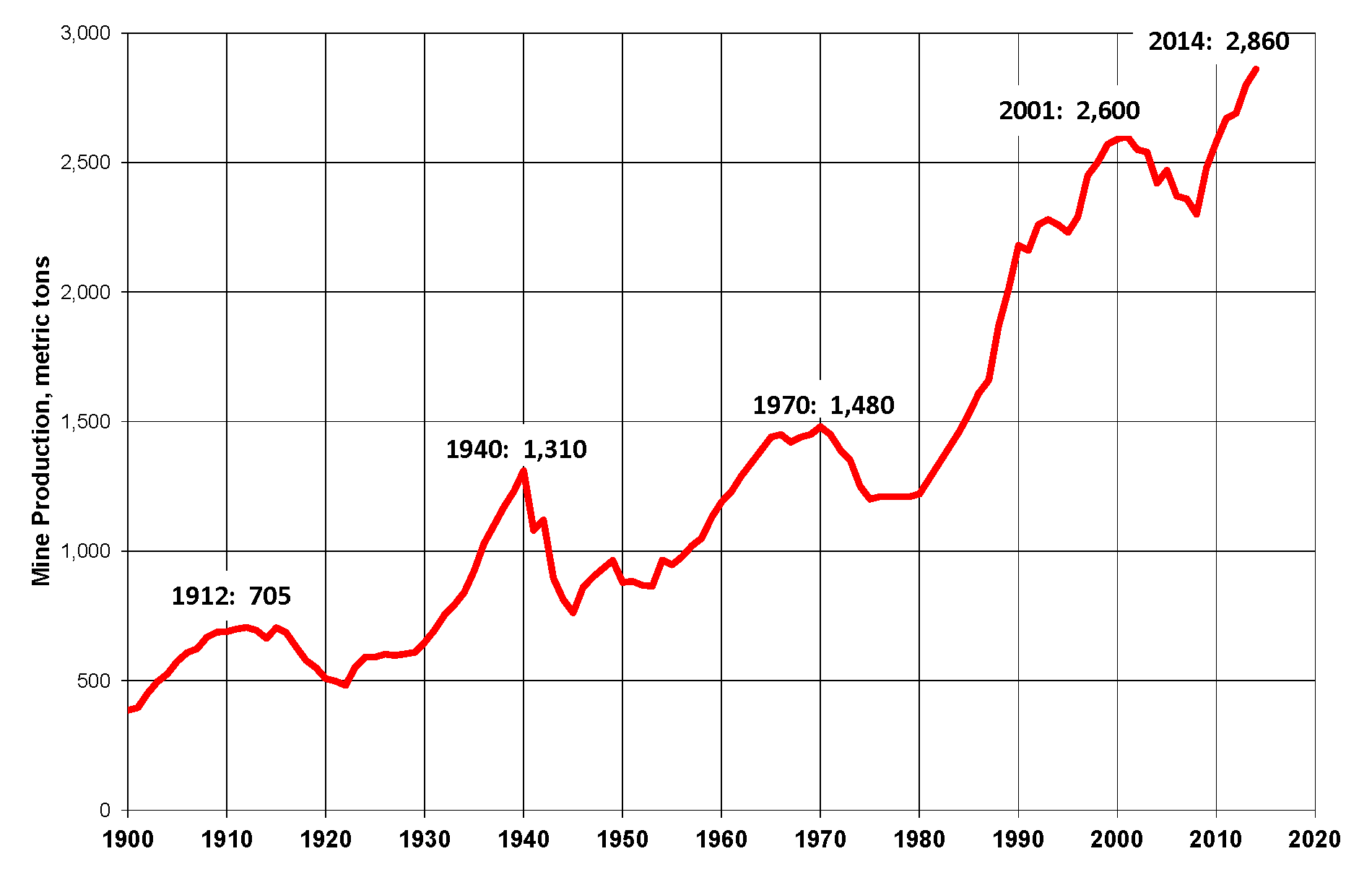The financial system is needlessly complex, its unclear if this is intentional in order to hide whats actually going on.
Its unclear what even counts as money, in the united states the following system exist
M0: The total of all physical currency including coinage. M0 = Federal Reserve Notes + US Notes + Coins. It is not relevant whether the currency is held inside or outside of the private banking system as reserves.
MB: The total of all physical currency plus Federal Reserve Deposits (special deposits that only banks can have at the Fed). MB = Coins + US Notes + Federal Reserve Notes + Federal Reserve Deposits
M1: The total amount of M0 (cash/coin) outside of the private banking system[clarification needed] plus the amount of demand deposits, travelers checks and other checkable deposits
M2: M1 + most savings accounts, money market accounts, retail money market mutual funds, and small denomination time deposits (certificates of deposit of under $100,000).
MZM: 'Money Zero Maturity' is one of the most popular aggregates in use by the Fed because its velocity has historically been the most accurate predictor of inflation. It is M2 – time deposits + money market funds
M3: M2 + all other CDs (large time deposits, institutional money market mutual fund balances), deposits of eurodollars and repurchase agreements.
M4-: M3 + Commercial Paper
M4: M4- + T-Bills (or M3 + Commercial Paper + T-Bills)
L: The broadest measure of liquidity, that the Federal Reserve no longer tracks. L is very close to M4 + Bankers' Acceptance
Money Multiplier: M1 / MB. As of December 3, 2015 it was 0.756.[36] While a multiplier under one is historically an oddity, this is a reflection of the popularity of M2 over M1 and the massive amount of MB the government has created since 2008.
Its unclear what even counts as money, in the united states the following system exist
M0: The total of all physical currency including coinage. M0 = Federal Reserve Notes + US Notes + Coins. It is not relevant whether the currency is held inside or outside of the private banking system as reserves.
MB: The total of all physical currency plus Federal Reserve Deposits (special deposits that only banks can have at the Fed). MB = Coins + US Notes + Federal Reserve Notes + Federal Reserve Deposits
M1: The total amount of M0 (cash/coin) outside of the private banking system[clarification needed] plus the amount of demand deposits, travelers checks and other checkable deposits
M2: M1 + most savings accounts, money market accounts, retail money market mutual funds, and small denomination time deposits (certificates of deposit of under $100,000).
MZM: 'Money Zero Maturity' is one of the most popular aggregates in use by the Fed because its velocity has historically been the most accurate predictor of inflation. It is M2 – time deposits + money market funds
M3: M2 + all other CDs (large time deposits, institutional money market mutual fund balances), deposits of eurodollars and repurchase agreements.
M4-: M3 + Commercial Paper
M4: M4- + T-Bills (or M3 + Commercial Paper + T-Bills)
L: The broadest measure of liquidity, that the Federal Reserve no longer tracks. L is very close to M4 + Bankers' Acceptance
Money Multiplier: M1 / MB. As of December 3, 2015 it was 0.756.[36] While a multiplier under one is historically an oddity, this is a reflection of the popularity of M2 over M1 and the massive amount of MB the government has created since 2008.


